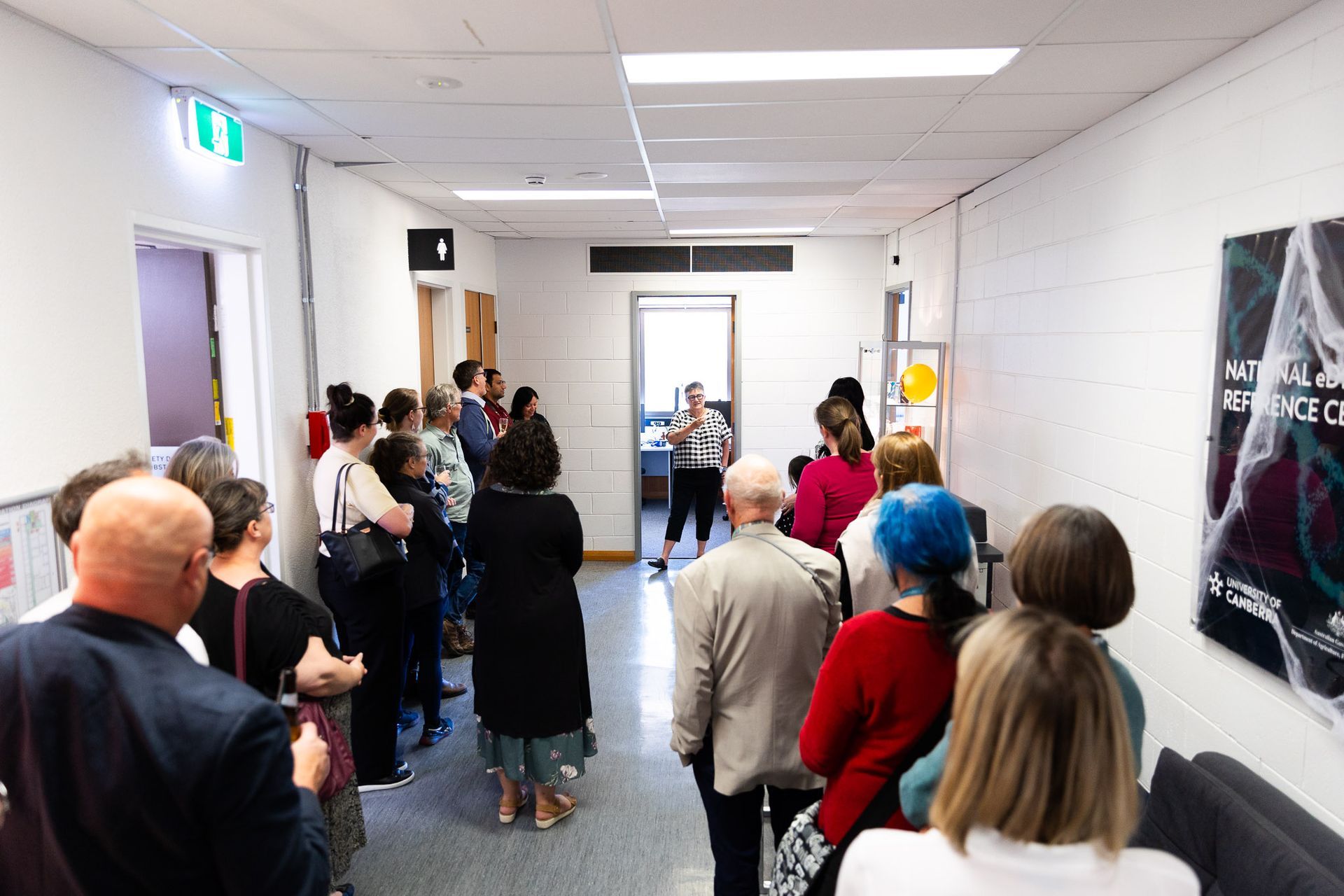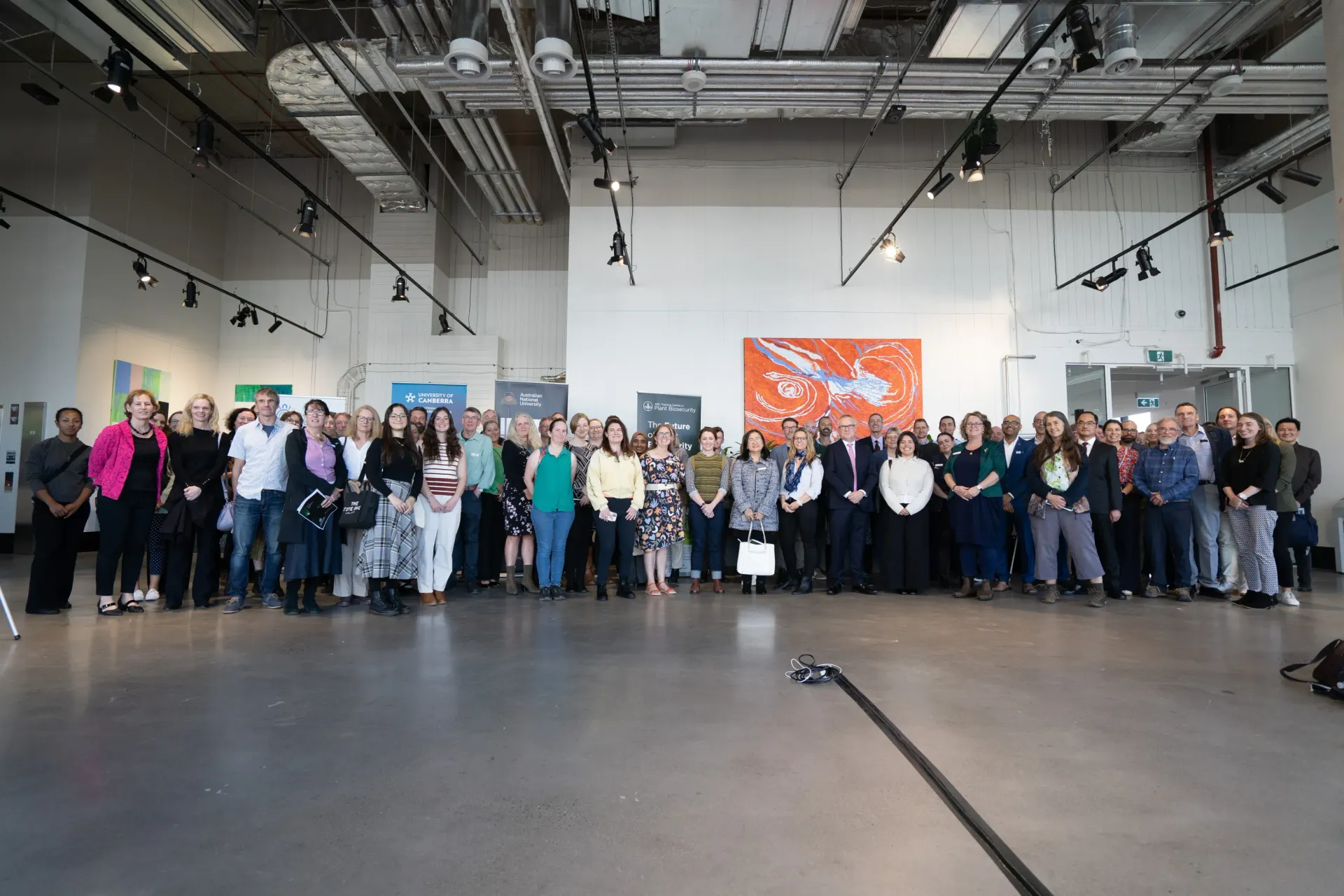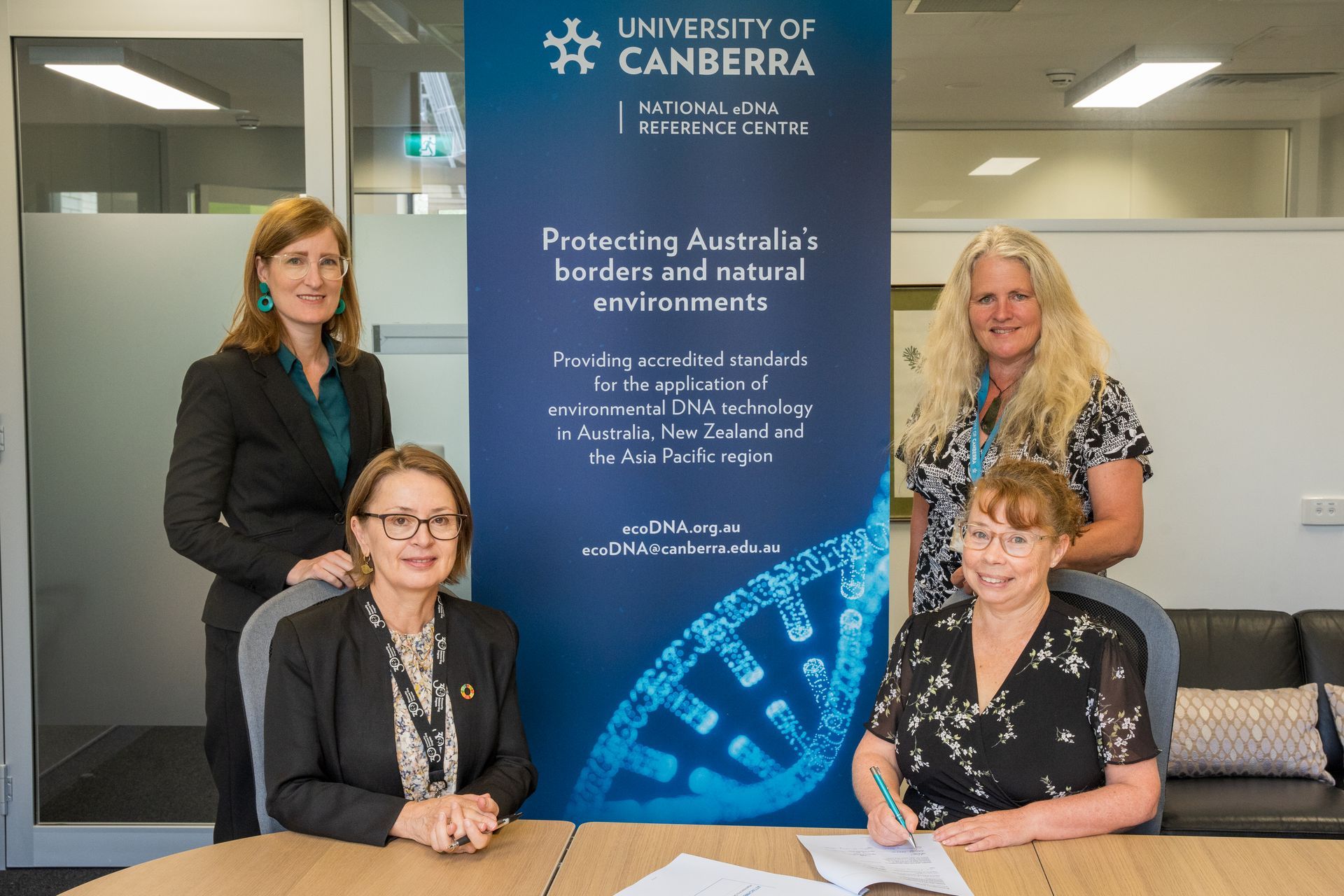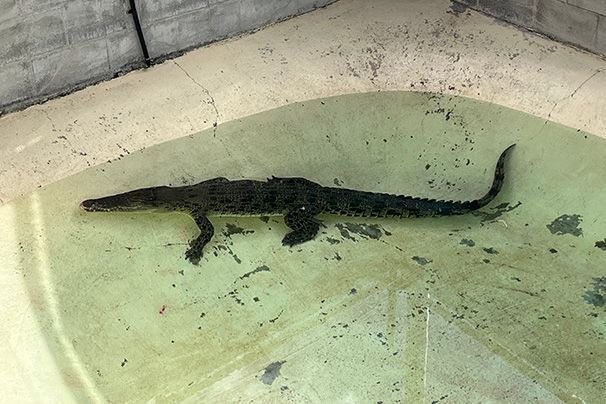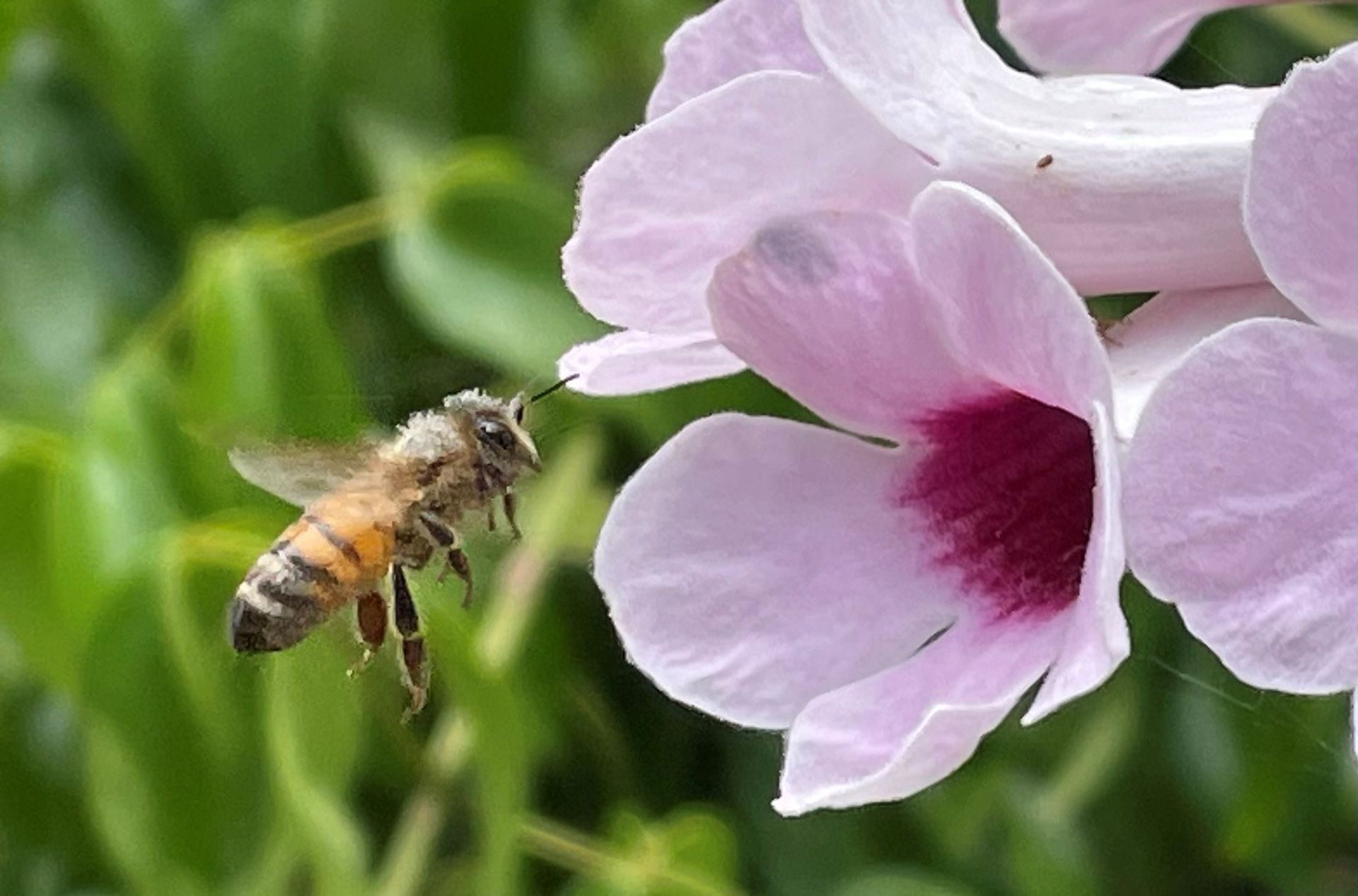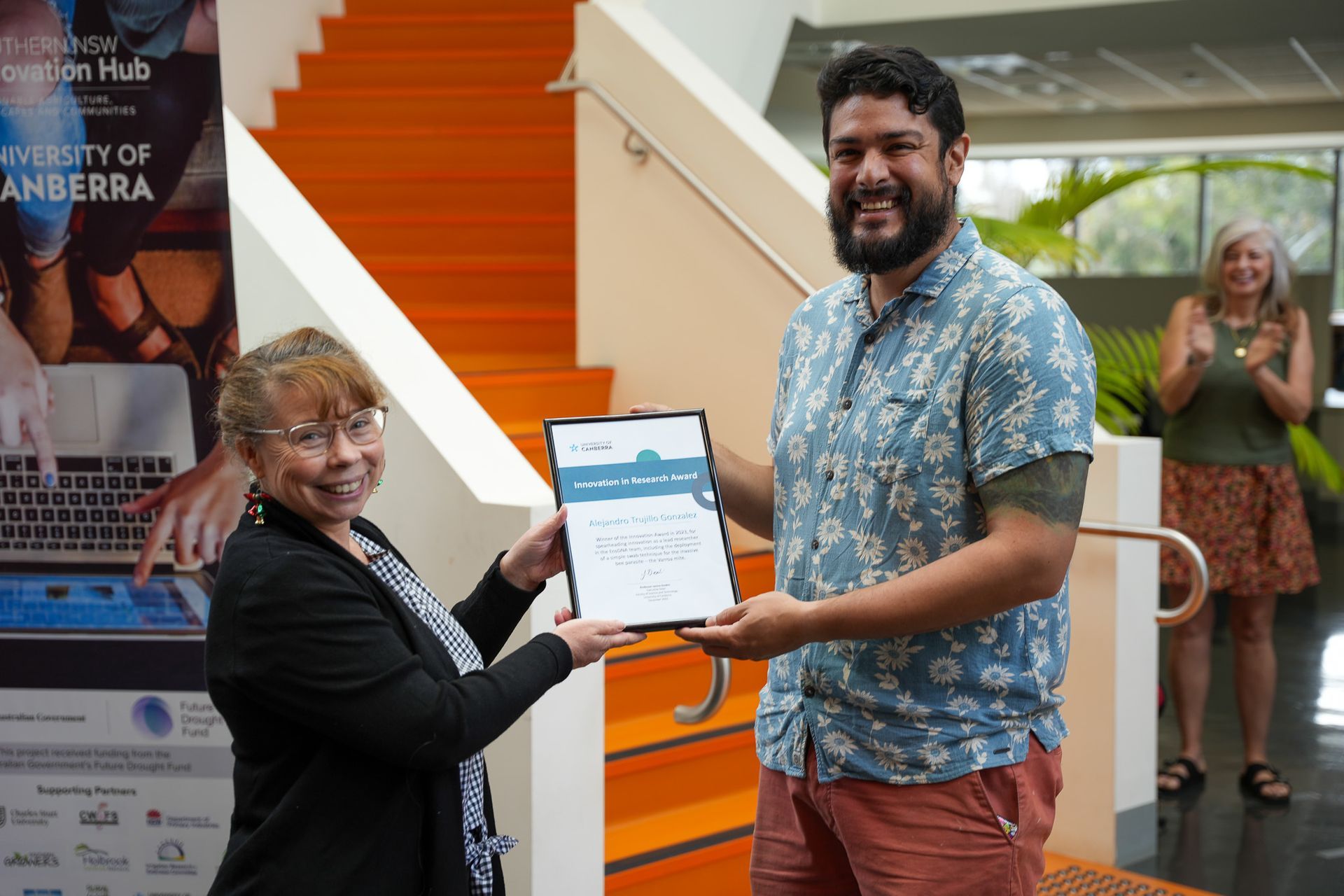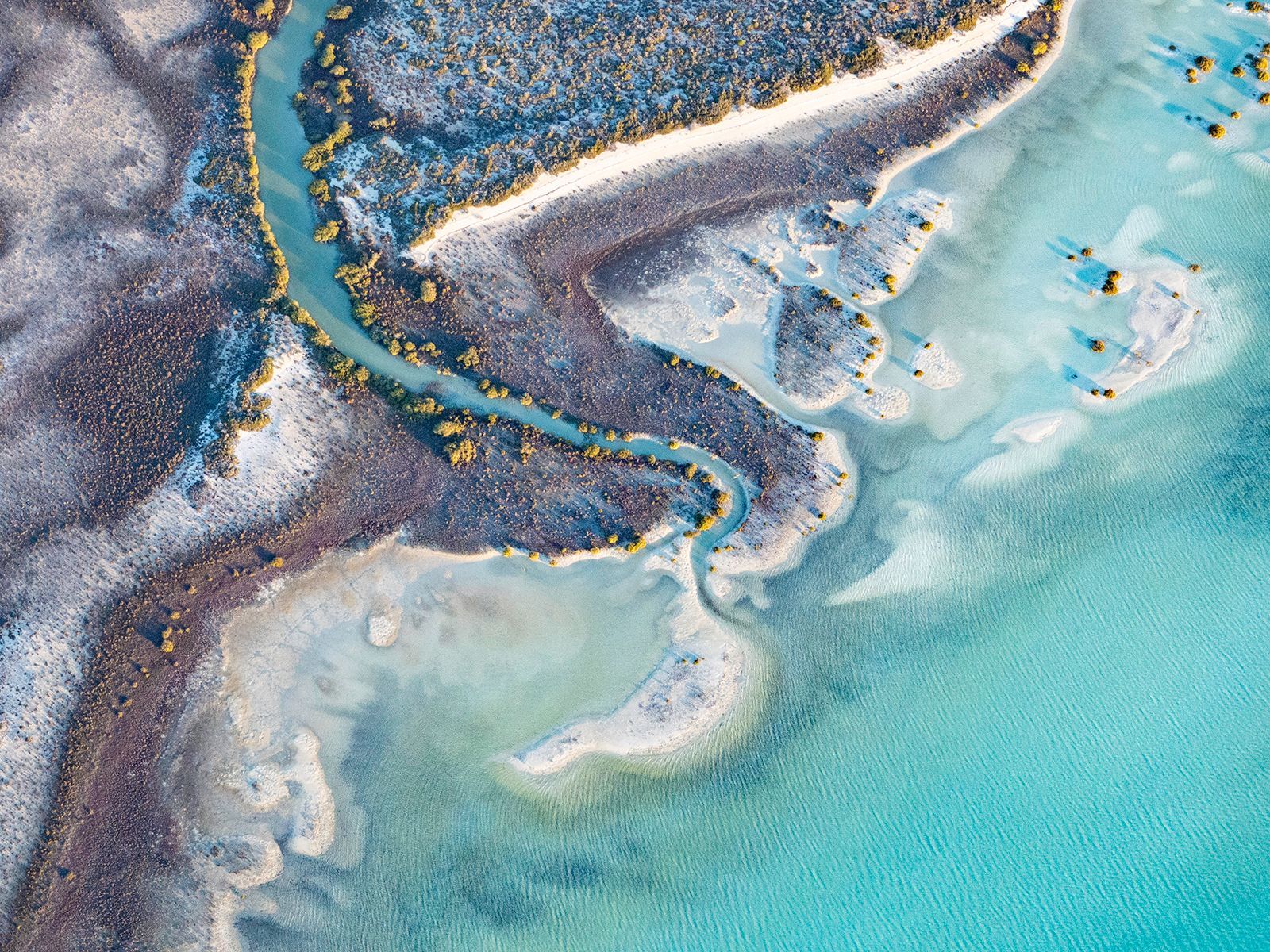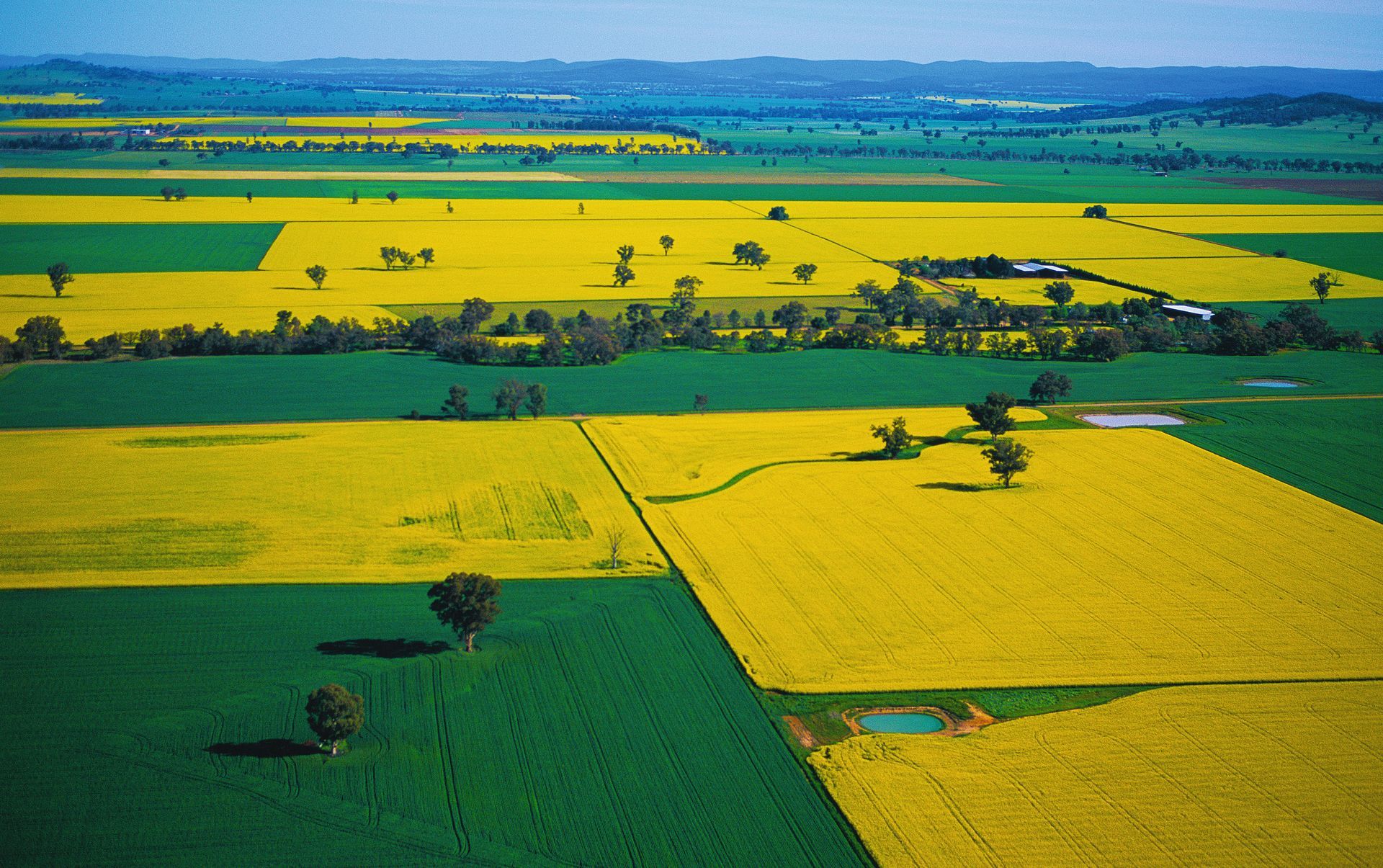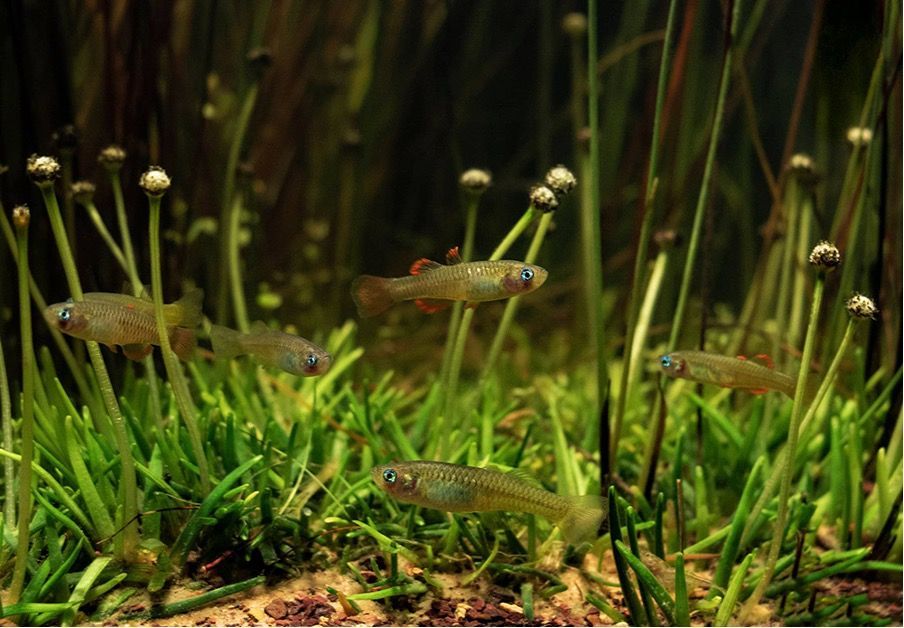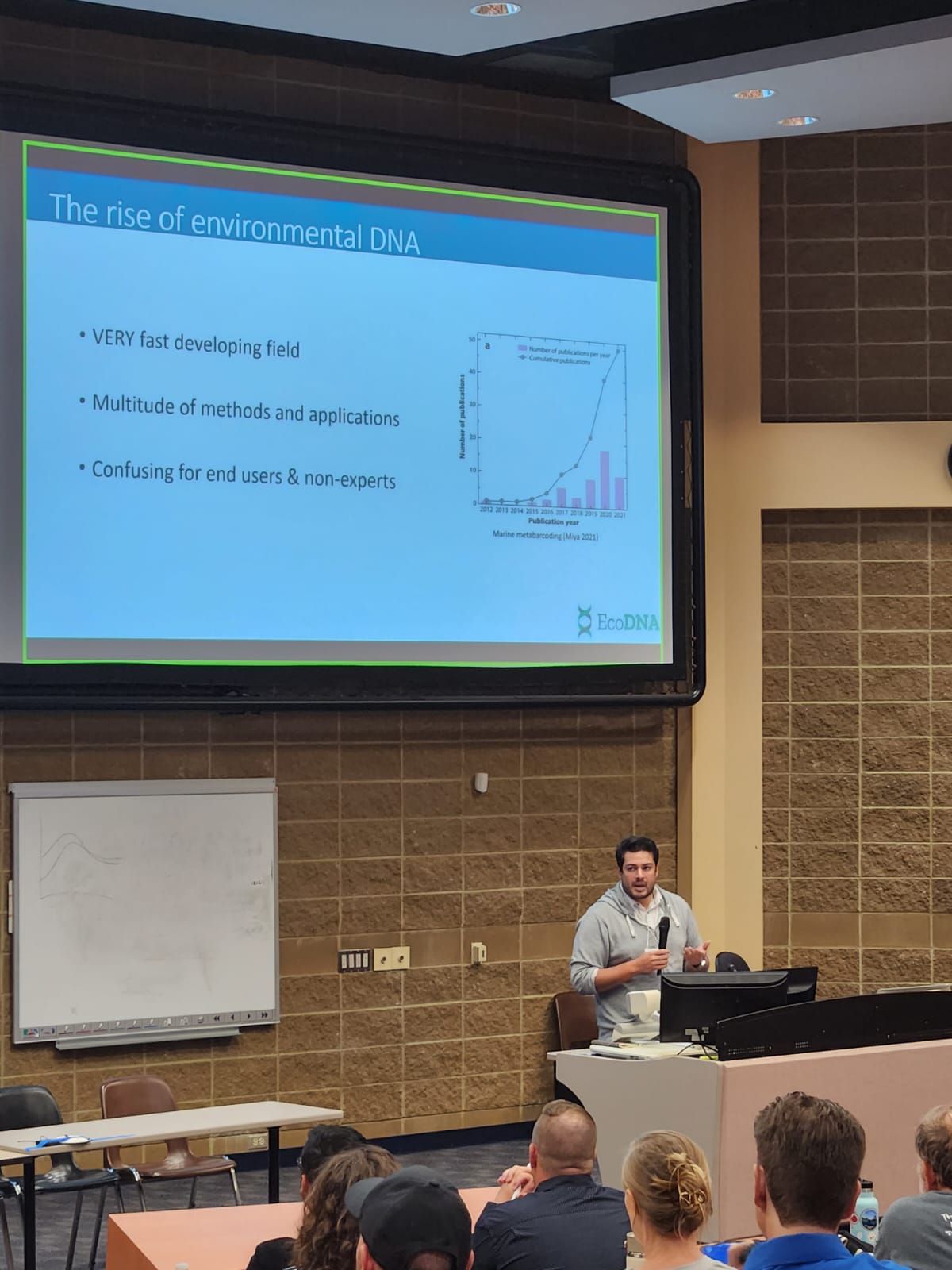Share this article
An expanded Trace DNA Lab for eDNA work at EcoDNA and the University of Canberra, will see new opportunities in both its work activities and talent pool to protect Australia from biohazards supporting important conservation work.
The Trace DNA Lab is a new stomping ground for the EcoDNA research team, which works on environmental DNA applications for biosecurity and biodiversity. The lab is equipped to deal with very small amounts of DNA; lab conditions are particularly stringent, as the potential of sample contamination is high.
EcoDNA is recognised as the National eDNA Reference Centre. “As the National eDNA Reference Centre, we deliver the standardisations, results and data that the government needs for action around biodiversity and biosecurity,” said Professor Dianne Gleeson, who heads the EcoDNA team. “This new lab has increased our footprint size, so we can do more throughput and process a greater volume of samples. It will also allow us to expand our team – including to students and interns – and offer training, which feeds into our work with the ARC Training Centre in Plant Biosecurity. We can also conduct additional techniques like DNA synthesis and RNA analysis.”
Professor Gleeson said that the new lab would make it possible to scale up existing projects and commit to more new ones. “Some of our notable activities in the biosecurity work program include the hitchhikers project, which monitors and analyses the dust content in shipping containers, and the ports monitoring project, under which airborne DNA is analysed though iMapPESTS sentinel units,” she said. “We also have many ongoing biodiversity monitoring projects with a range of different private sector groups.”
Officially opened on 31st October, the launch was attended by the Deputy Vice-Chancellor for Research & Enterprise, and guests from Federal Government departments. Deputy Vice-Chancellor Research Professor Lucy Johnston said that the work of the EcoDNA team exemplified the University’s ethos that research should have real world impact.
“The work of the EcoDNA team is about protecting Australia from biohazards, supporting important conservation work, and – crucially – nurturing future scientific talent,” Professor Johnston said.
Also speaking at the launch was Professor Geoff Grossel, Director of Biosecurity Research at the Department of Agriculture, Fisheries and Forestry (DAFF), with which the EcoDNA team works closely. “This is a real testament to the power of strong partnerships, which also form an important aspect of the National Biosecurity Strategy,” Professor Grossel said.
The new limited access Trace DNA Lab is equipped with UV lights for decontamination and specialised airflow systems to prevent cross-contamination. Nonetheless, all researchers will need to conduct their work in the Trace DNA Lab before any other, said Professor Gleeson. “Trace DNA must be separate from our other labs – we’re dealing with tiny amounts of DNA, and they need to be kept separate from other lab activities to ensure there is no cross-contamination,” she said.
